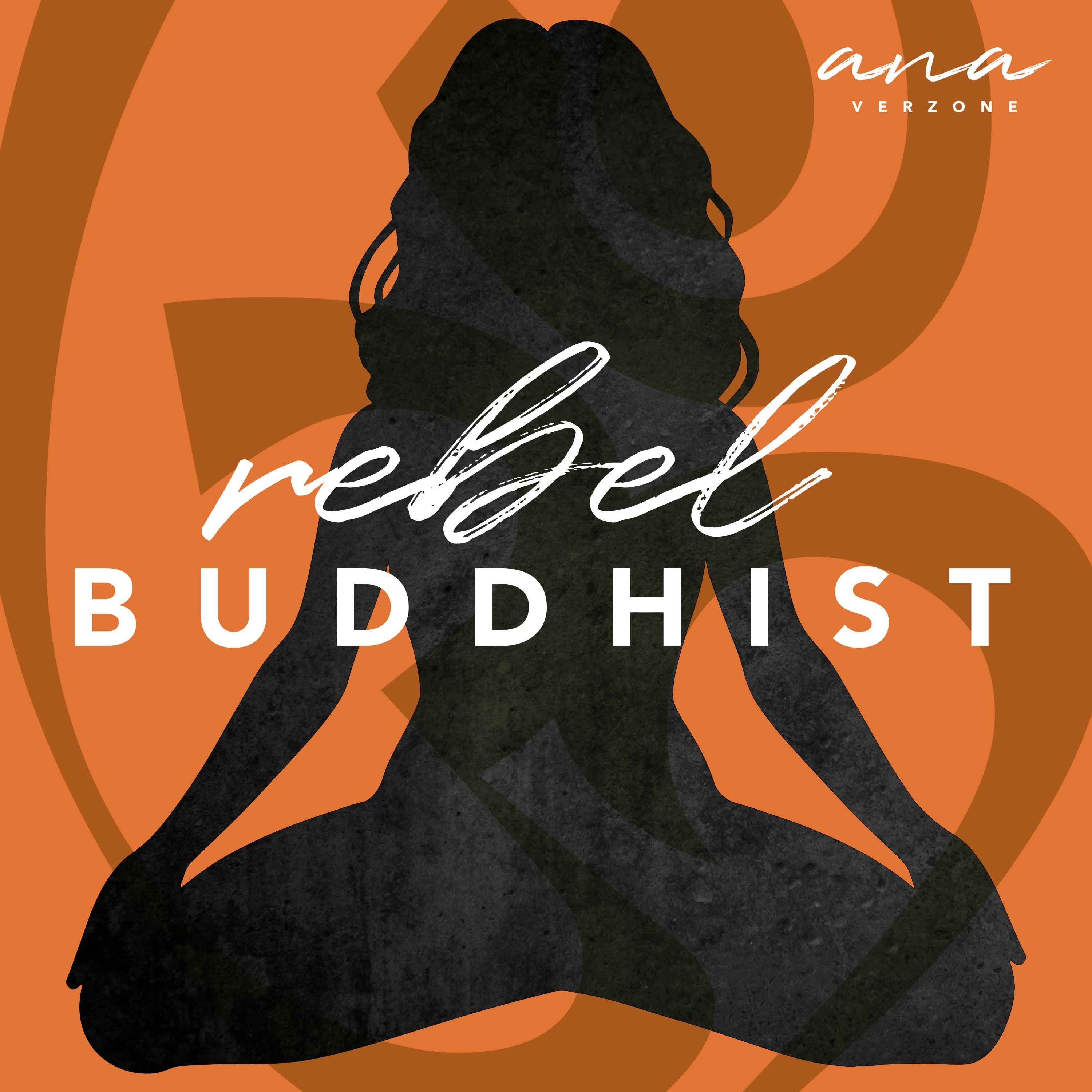- After-Shows
- Alternative
- Animals
- Animation
- Arts
- Astronomy
- Automotive
- Aviation
- Baseball
- Basketball
- Beauty
- Books
- Buddhism
- Business
- Careers
- Chemistry
- Christianity
- Climate
- Comedy
- Commentary
- Courses
- Crafts
- Cricket
- Cryptocurrency
- Culture
- Daily
- Design
- Documentary
- Drama
- Earth
- Education
- Entertainment
- Entrepreneurship
- Family
- Fantasy
- Fashion
- Fiction
- Film
- Fitness
- Food
- Football
- Games
- Garden
- Golf
- Government
- Health
- Hinduism
- History
- Hobbies
- Hockey
- Home
- How-To
- Improv
- Interviews
- Investing
- Islam
- Journals
- Judaism
- Kids
- Language
- Learning
- Leisure
- Life
- Management
- Manga
- Marketing
- Mathematics
- Medicine
- Mental
- Music
- Natural
- Nature
- News
- Non-Profit
- Nutrition
- Parenting
- Performing
- Personal
- Pets
- Philosophy
- Physics
- Places
- Politics
- Relationships
- Religion
- Reviews
- Role-Playing
- Rugby
- Running
- Science
- Self-Improvement
- Sexuality
- Soccer
- Social
- Society
- Spirituality
- Sports
- Stand-Up
- Stories
- Swimming
- TV
- Tabletop
- Technology
- Tennis
- Travel
- True Crime
- Episode-Games
- Visual
- Volleyball
- Weather
- Wilderness
- Wrestling
- Other
Gratitude - Pillars of Happiness, Part 2
This week’s episode is about the second pillar of happiness, which dovetails off last week’s episode on generosity (link in the resources if you missed it). Now, we’re diving into gratitude, framing it in a different way than you may have heard before - within the fundamentals of the foundation of mindfulness and impermanence, even in the context of grief or conflict. Gratitude is an aspect of mindfulness, lovingkindness, and compassion training that helps form a foundation for happiness and transforms people. Jack Kornfield told a story of some Russian astronauts who were stuck in a space station. The capsule they were supposed to return in had some mechanical problems, and no one was sure they would make it back safely. But they did. And when they got out of the capsule, they knelt down and kissed the earth and said, “Oh what an amazing thing to be able to be back on this planet and be able to walk, breathe air, and be among people.” This is the beginning of gratitude: to begin to sense the delight and the mystery of even just being here and being supported in all the unseen ways that life gives to us. There’s something about having this perspective that allows us to look around and say, wow, isn’t this extraordinary, amazing, and wonderful? Gratitude becomes a way of touching the heart, opening up ourselves to something greater, to connecting with one another and to connecting with something that’s greater than us. And the neuroscience of it shows that living with gratitude brings better health. You become more socially connected, more resilient, less anxious. It allows us to shift from that scarcity and victim mentality - where we are being loyal to our suffering - into one of more power and awe. It’s a simple thing, too, right? In even the simplest relationships, when we express our appreciation, it becomes a way to connect. And as we continue to do it, we build a foundation of respect and care which allows others and ourselves to experience interconnectedness. We are all surrounded by abundance in such an amazing way, and it takes just a moment of a breath to look around with new eyes. I think about in my own life, after Iiving in my car for 7 years, or after living in a dry yurt in Alaska with no running water or heat other than a wood stove and one extension cord running to our neighbor’s outlier… To this day I am in awe when I turn on the faucet and water comes running out. To this day I am amazed that I can so easily wash my clothes and dry them. How do some people manage to live through suffering and still be joyful and happy? Here, it’s about a response more than optimism of an open heart to say: “Hey, here we are. And I cherish this moment. And I cherish who is here.” And it’s about cherishing our difficulties with a different kind of gratitude. In Tibet, there is a practice of prayer which says, “Grant that I be given enough difficulties that I truly learn the depth of compassion in this life for myself and others.” Wow. So there’s something fierce in it, but there’s also something really important for us. And we can reflect a little bit about what blocks our gratitude - that trauma, fear, poverty, guilt… This isn’t to say that the trauma that many of us have gone through is not significant or heart-wrenching. But a lot of people would trade spots with us in a second. So let’s reflect on what blocks us from being grateful for the things we do have in our life? And, of course, how can we overcome that? I remember in the traditional Buddhist monasteries where I practiced, we would do a gratitude prayer every morning related to the one meal a day we ate. Lama Zopa would sometimes say a gratitude prayer f

